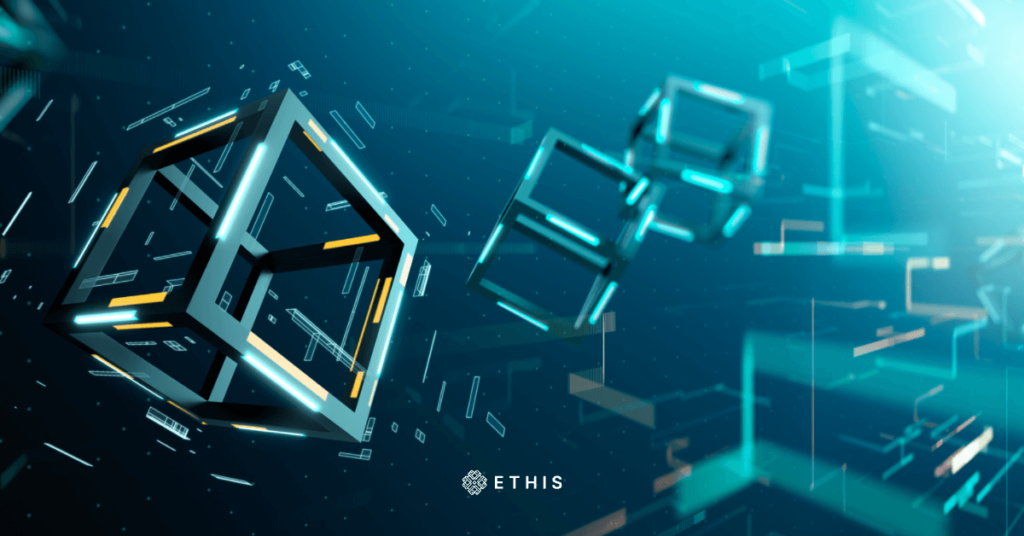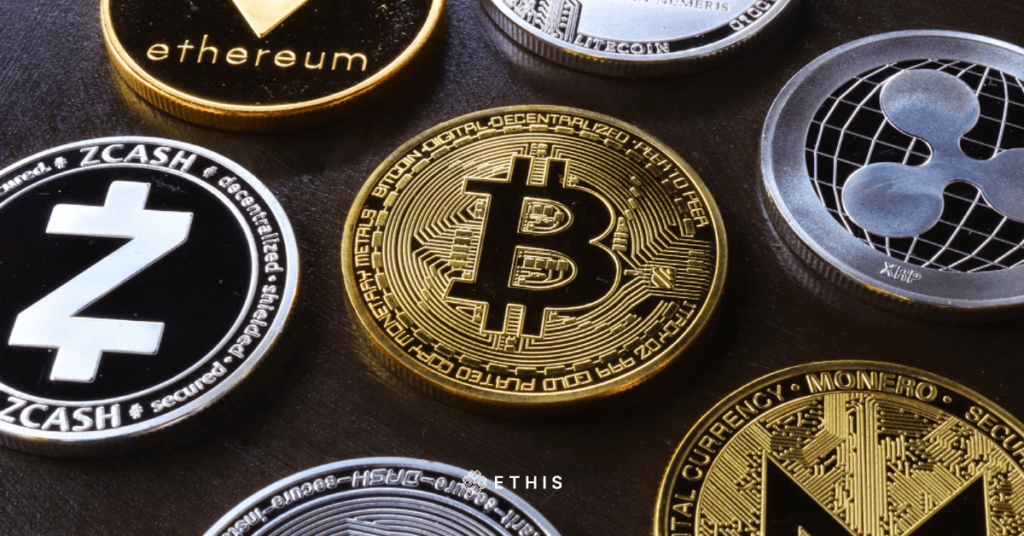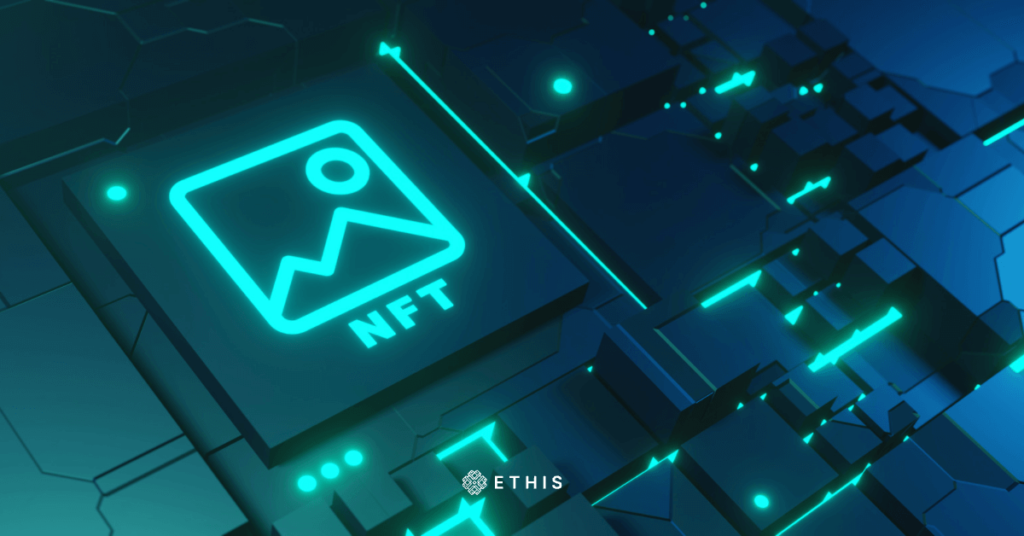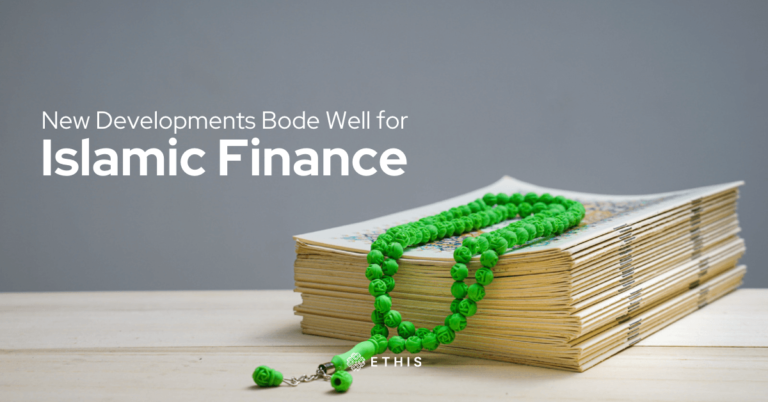
An Interview with Dr. Farrukh Habib, Co-Founder & Director, Alif Technologies (Dubai) | Shariah Experts (London)
Q: Dr Habib, as somebody who has kept abreast of the latest developments In the Islamic finance sector, what is your take on Islamic fintech. Do you think it is the long-awaited solution to take IF to the next level?
A: The traditional Islamic finance industry has been here for the last four decades. Though it has come a long way by offering shariah-compliant financial products and services with halal legal contracts and permissible contractual relationships among various parties, it has not – or only partially – fulfilled the promise of contributing from the ethical and social aspects within society.
Moreover, there are many questions on the robustness of shariah compliance of the financial products themselves. For example, Islamic sale-based contracts are widely used for financing purposes, Bai’ al-inah (2 party buy-back sale) and tawarruq munadham (tri-party buy-back sale) contracts being the worst.
There are many reasons for this situation, but some of the main causes are lack of innovative ideas, the mindset of replicating conventional products, inefficiencies in terms of cost and processes, and reliance on old business models.
I believe that Islamic fintech now offers a great opportunity to transform the traditional Islamic finance industry by offering fresh concepts, enhancing shariah compliance mechanisms, implementing shariah-based – instead of only shariah-compliant – products through advanced technology, and bringing in efficiencies through cutting cost and digitalizing manual processes.
In fact, Islamic fintech is challenging the status quo of the traditional industry by changing the core business model itself. With the usage of the latest tech and digital transformation, multi-objective schemes can be introduced within a single business model to incorporate Islamic ethical and social aspects – which have been treated by the current industry strictly separate before. I strongly hold that Islamic fintech has the potential to boost the overall industry, starting a new era of Islamic finance industry 2.0!
Q: What role can developments like blockchain play in the Islamic finance sector today?


A: The latest tech advancements like artificial intelligence, data science, blockchain, IoTs, mobile technology, have a high influence on financial products and services. In the same vein, the Islamic finance industry can reestablish itself by introducing open banking, smart securities, digital waqf and charity models, decentralized autonomous organizations (DAOs) for shariah governance, P2P financing and lending platforms, tech-driven takaful and microfinance products, etc.
One of my favourite techs, blockchain (distributed ledger) technology can enormously benefit the Islamic finance industry. It seems like a match made in heaven. Blockchain itself has evolved into a complete ecosystem that can offer a comprehensive platform for developing, launching, and managing Islamic financial products and services in the most efficient way. The introduction of smart contracts, tokenization, DeFi (decentralized finance) and lately NFTs (non-fungible tokens) can offer sophisticated solutions to the current offerings of the industry.
The use of blockchain in the Islamic finance industry can vividly reduce costs by introducing P2P systems, removing unnecessary intermediation. It can offer higher security, privacy, and immutability increasing user confidence to the highest. It can also bring greater traceability, transparency, and public disclosure for various Islamic products. Subsequently, these features can drastically improve regulatory and compliance – even shariah compliance – mechanisms, audit and review processes, and risk management systems. Moreover, it can help enhance the systems of AML, KYC, sensitive document handling and verification, fraud detection and scam avoidance.



Q: Cryptocurrency and its permissibility Islamically have been much in the news of late. What is your take on this?


A: Cryptocurrencies should be looked at as a digital/virtual asset class. They should not be analysed as currencies in a strict manner. I have been promoting this approach since 2016, and Alhamdulillah, now I see that many shariah scholars have agreed to this approach. I also opine that each crypt asset or project should be individually analysed to issue a shariah ruling on that. It is not a correct approach to have a blanket opinion for all crypto assets.
Previously, many shariah scholars were skeptical about this phenomenon due to misconceptions and lack of correct information. But now, the majority of them are trying to understand it from a positive perspective. Recently, when Nahdlatul Ulama (an Islamic Organization in Indonesia) issued a fatwa on prohibiting all crypto assets, it received severe criticism from various shariah scholars and regulators from across the globe.
I believe that crypto assets and blockchain-based projects can be structured in a shariah-compliant manner for the benefit of the whole Muslim Ummah. In fact, existing crypto projects can be reviewed for shariah compliance as well.
Did you know? Our award-winning charity crowdfunding platform Global Sadaqah is the first platform of its kind to accept cryptocurrency contributions. Please click here to find out how.
Related: Malaysia: a hub for Islamic fintech?
Q: How would you look at non-Fungible tokens (NFTs) now that there are moves to have shariah-compliant digital assets as NFTs?


A: Non-Fungible Tokens (NFTs) are a type of crypto that represents a unique asset. As they are not interchangeable with each other due to their uniqueness (non-fungibility feature), they may function as proof of authenticity and ownership within the digital world.
NFTs can be considered as a key building block in a new, blockchain-based, Islamic digital economy. They can be utilised for digital identity, licensing, certificates, and Islamic digital art. Moreover, they can also be used for fractionalising ownership of high-value Islamic real-world assets and objects.
From my personal experience, I can tell that NFTs do not need to be confined to collectibles and art, but we can leverage their features for real-estate, halal property, certification, audit, compliance, and other purposes.
Related: Islamic Fintech: Bubble or Boom?
Q: A much talked about development today is Decentralized Finance or DeFi. DeFi could be accommodated in platforms guided by shariah. How would you look at this development?
A: Decentralized finance (Defi in short) is a movement to develop a complete financial ecosystem that is powered by blockchain tech and is completely P2P. It currently covers almost every aspect of the financial industry, e.g., asset management, exchanges, digital trading, saving products, insurance, securities, lending and borrowing, derivatives, payments, and wallets solutions. Utilizing decentralisation and distributed networks is something that has not been considered in finance before.
I see that this phenomenon can bring great value to the Islamic finance industry because Defi can be used as an infrastructure to offer halal products and services. From my personal involvement in some exciting halal Defi projects, I can tell that this futuristic phenomenon is here to stay.
However, the lack of Fiqh talent with deep tech understanding and an innovative mindset is the biggest challenge in embracing it at a wider scale. Nevertheless, I am quite optimistic that we will overcome this hurdle in the future and bring the advantages of the latest tech developments in Islamic finance for improved shared economic prosperity and financial inclusion among the Muslim Ummah.
Read more on Is Bitcoin Investment Halal?





Top Posts
Islamic P2P Crowdfunding Explained
How to Earn Halal Money? The Money Mindset
Halal Investments for Singapore Muslims? It’s time for a shake-up in the Islamic Investments scene.
Smart investment for making Halal money
3 Reasons Why Property Crowdfunding is the Smart Investment for You